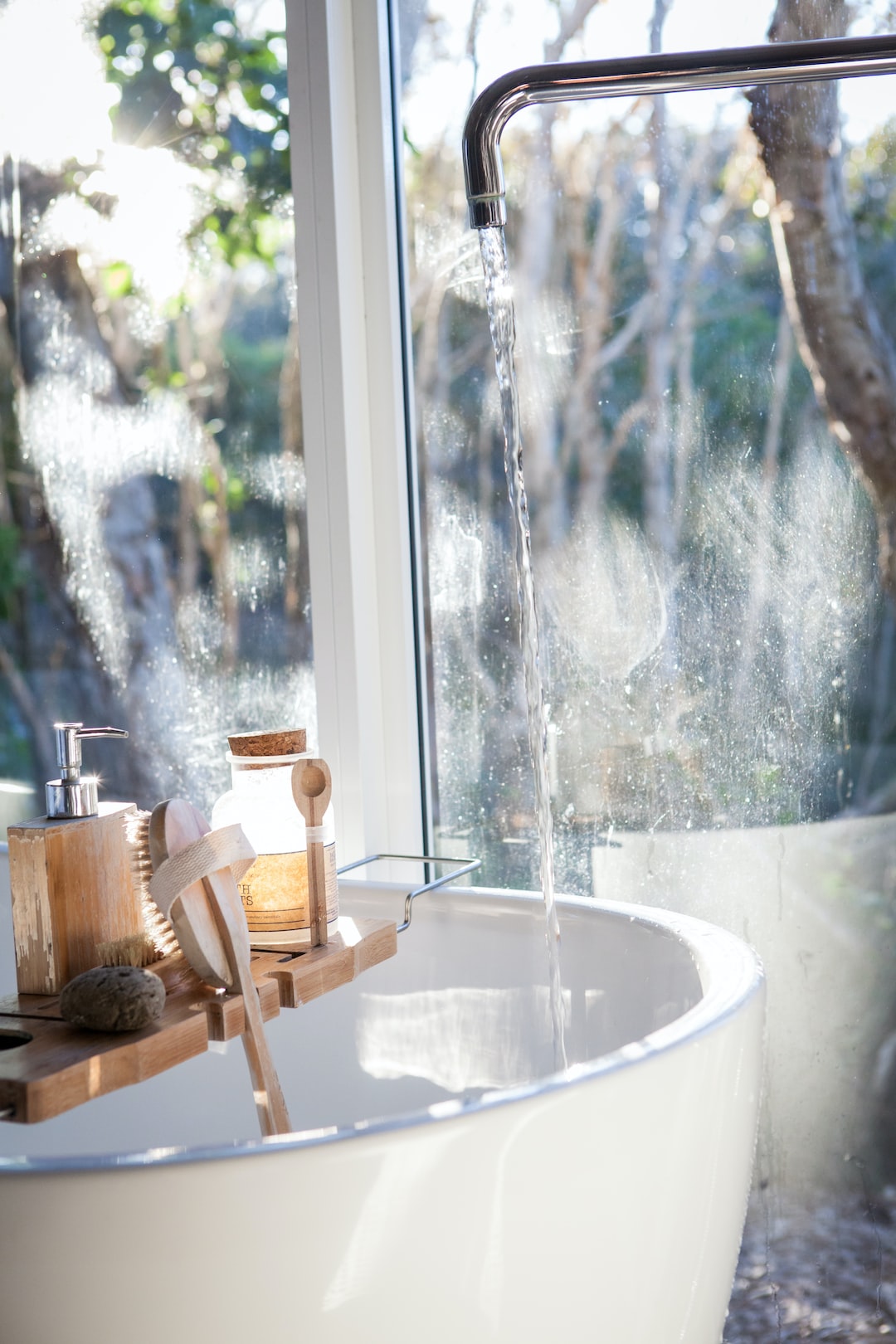Are organic beauty products worth the hype? We uncover the truth
The beauty industry is saturated with a wide range of products, each promising to enhance our appearance and provide us with flawless skin and luscious hair. In recent years, there has been a surge in the popularity of organic beauty products, with many claiming that they are better for both our health and the environment. However, the question remains, are these products truly worth the hype?
To begin with, it is essential to understand what sets organic beauty products apart from their conventional counterparts. Organic beauty products are made from natural ingredients that are grown without the use of synthetic pesticides, fertilizers, or genetically modified organisms (GMOs). They are believed to be more gentle and less likely to cause adverse reactions or allergies due to their absence of harsh chemicals.
One of the primary reasons people turn to organic beauty products is the belief that they are better for their health. Conventional beauty products often contain harmful ingredients like parabens, phthalates, and sulfates, which have been linked to various health concerns such as hormonal imbalances and skin irritations. By choosing organic products, consumers aim to eliminate exposure to these potentially harmful chemicals.
Additionally, organic beauty products are often associated with sustainability and environmental friendliness. Conventional beauty products often rely on synthetic chemicals that have detrimental effects on the environment during their manufacturing, usage, and disposal. In contrast, organic products are made from renewable resources and are typically packaged in eco-friendly materials, contributing to a greener planet.
However, despite the many perceived benefits, it is crucial to approach organic beauty products with a critical eye. The term “organic” can be misleading, as it is not always regulated by specific standards in the beauty industry. Some products may claim to be organic, but in reality, they may only contain a small percentage of organic ingredients. To truly determine the authenticity of a product, it is essential to check for certifications from reliable organizations such as Cosmos or USDA Organic.
Another aspect to consider is the effectiveness of organic beauty products. While organic ingredients can offer various benefits, they may not always provide the same instant and dramatic results as their conventional counterparts. This is because organic products tend to work more gently and often require consistent and prolonged use to achieve desired outcomes. Patience and realistic expectations are key when venturing into organic beauty products.
Furthermore, the price point of organic beauty products is often higher than conventional ones. The use of organic ingredients and sustainable manufacturing practices can drive up the production costs, resulting in a higher retail price. This may deter some consumers from opting for organic options. However, it is essential to remember that investing in quality skincare and beauty products can have long-term benefits for our health and the environment.
In conclusion, organic beauty products have undoubtedly gained considerable attention and hype in recent years. While they offer potential benefits for our health and the environment, it is important to approach them with caution and ensure that they meet certified organic standards. Moreover, individual expectations and considerations should be taken into account, as organic products may not always provide instant results or fall within every budget. Ultimately, the decision to incorporate organic beauty products into your routine should be based on personal preference and a well-informed understanding of their benefits and limitations.

